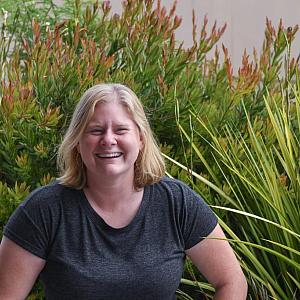
Kaitlin Cimini
Reporter

Reporter
Kate Cimini is a reporter for The Salinas Californian covering economic inequality, housing and homelessness. A recovering public school teacher, she graduated from Northwestern University's Medill School of Journalism in 2018 with a master's degree in national security journalism. Upon graduation, she joined The Californian as its enterprise reporter and has since led the newsroom's partnership with CalMatters, a nonprofit news outlet, as a reporter for the California Divide project. She also led The Californian's partnership with Catchlight Local, partnering with a photography fellow to illustrate the impact of the state's housing crisis on Salinas's farmworkers. She received a Center for Health Journalism Fund grant for her work on that project.
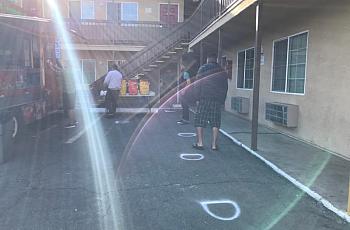
California farmworkers have been hit especially hard by the virus, as they often live in overcrowded housing, travel in groups to work, and lack access to health insurance.
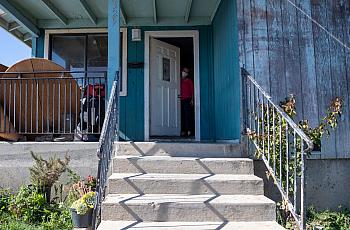
A new pair of housing bills would extend tenant eviction protections through the end of March and introduce a new path to create additional housing in under-utilized, big-box developments.
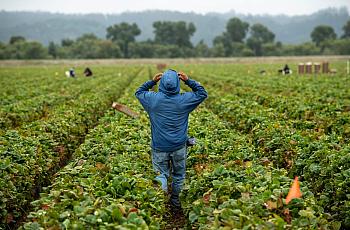
Salinas and Monterey County as a whole are some of the least affordable places to live in the U.S., per the 2019 Harvard State of the Nation's housing study.
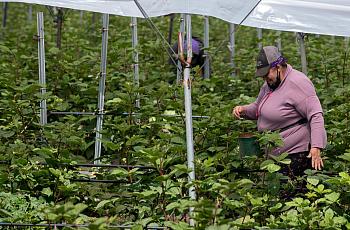
These responses were submitted by members of an advisory board on farmworker housing that featured growers, advocates, and service providers in Monterey County, organized by The Californian reporter Kate Cimini.
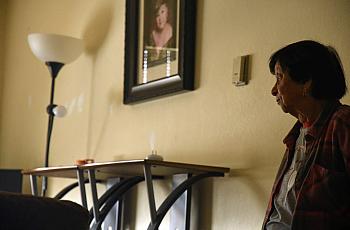
Renters are left out in the cold when their new landlord raises the rent by hundreds of dollars or requires all renters move out before they take over the building.
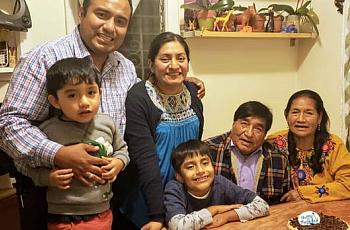
Across California, essential and service workers like Flores Contreras are being hit hardest by the coronavirus, and so are the people they live with.
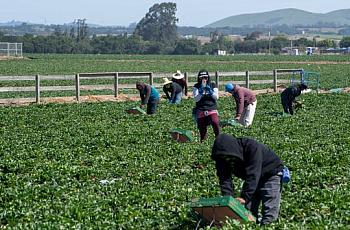
Nearly 40% of Monterey County growers reported financial losses related to the coronavirus-prompted shutdown.
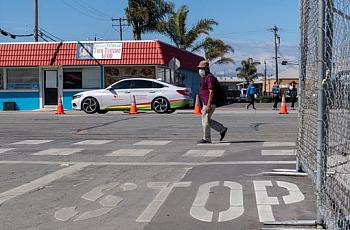
The poorest, most congested ZIP code in Salinas are being hit the hardest by the coronavirus, according to data released Monday.
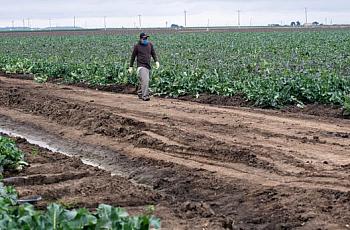
"Ag workers are uniquely vulnerable to this virus because of the close proximity they often work and live," said California Assemblymember Robert Rivas.
The Trump administration is considering cutting the pay of guest visa farmworkers during the coronavirus pandemic to help the farm industry.